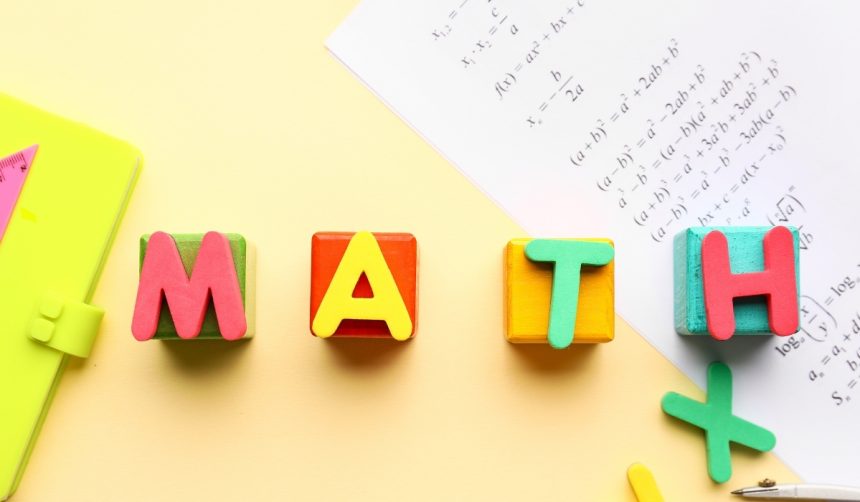Wordle maintains its position as a favored daily routine for puzzle enthusiasts, prompting players to analyze word structure, letter frequency, and past answers for clues. On July 14, the game presented the word “UNDID” as its concealed target, challenging users with a double letter and the task of unraveling an action that has been reversed or undone. The daily ritual of Wordle serves not only as entertainment but also as a training ground for vocabulary and logic, engaging millions worldwide in a communal quest for solutions. Beyond the satisfaction of solving, the game encourages players to develop personal tactics, with many now treating it much like a daily crossword – returning to it throughout the day to refine strategies. The enduring appeal of Wordle stems from its blend of familiarity, competition, and cognitive stimulation, and its popularity suggests continued relevance in daily digital life.
When comparing the July 14 puzzle to past Wordle news, earlier reports frequently highlighted trends in winning word structure and the community’s collaborative spirit. Previous focus often included first guesses that maximize vowel and consonant coverage, and coverage of contentious or challenging word selections. While many past puzzles featured uncommon words or rare letter combinations, the double letter element in “UNDID” adds a moderate but surmountable layer of complexity. Repetition in answers is rarely reported, maintaining players’ anticipation for variety and fairness.
How Did “UNDID” Challenge Wordle Players?
For this round, “UNDID” required players to reconsider standard strategies, with the presence of the double “D” prompting careful analysis of letter placement. Earlier guesses that omitted repeated characters risked missing critical opportunities, a factor highlighted by participants who found their progress stalled until further reflection. The game’s hint mechanism alluded to an act that has been reversed, guiding many towards synonyms and verbs related to negation or cancellation.
What Tactics Help Solve Wordle Efficiently?
Consistent advice from frequent players emphasizes starting with a blend of unique consonants and vowels, then narrowing possibilities based on results. The lack of time limits in Wordle encourages deliberation. As one player put it,
“Every new line was a new battle, every clue a fresh angle of attack.”
Taking intermittent breaks and returning later has proven helpful, especially for elusive solutions involving repeated letters or ambiguous hints.
Why Do Wordle’s Hints and Answer Trends Matter?
Recent solutions, including “GNOME,” “EXILE,” and “BRAND,” demonstrate a deliberate avoidance of answer repetition, offering fresh challenges daily. Observing historical answers helps users avoid commonly guessed words, improving their chances for future rounds. The game’s design consistently prevents duplicated solutions, contributing to player satisfaction and the puzzle’s reputation for fairness.
Wordle’s enduring appeal relies on its balance of daily challenge and accessible learning curve. The game’s randomization, confirmed absence of repeated answers, and subtle clue system invite reflection and iterative thinking. Regular updating of past answer lists assists dedicated solvers, while the social aspect connects participants who share streaks or swap strategies. Adapting to Wordle’s nuances, such as double letters or less common terms, can refine problem-solving skills for both casual and competitive players. Studying historical answer patterns bolsters future play, while new tactics like changing guessing sequences or treating the game as a relaxed puzzle offer diverse approaches. Experienced players recommend monitoring trends, practicing unique starting words, and reassessing strategies when faced with particularly tricky puzzles such as “UNDID.” Being open to varied techniques and mindful of recent solutions can boost consistency and enjoyment for Wordle participants each day.
- Wordle’s July 14 answer “UNDID” features a double letter challenge.
- Strategic guessing and careful analysis improve chances of finding the solution.
- Learning from past answers helps players avoid repeated mistakes.










